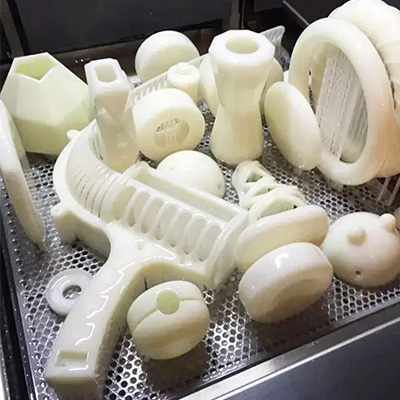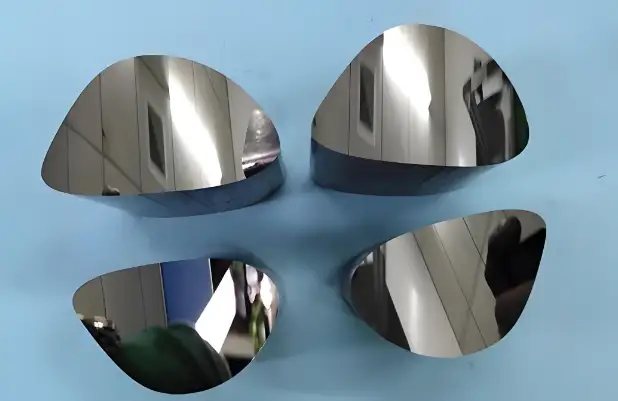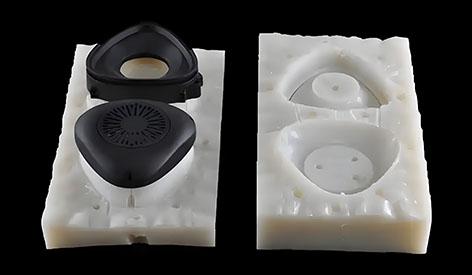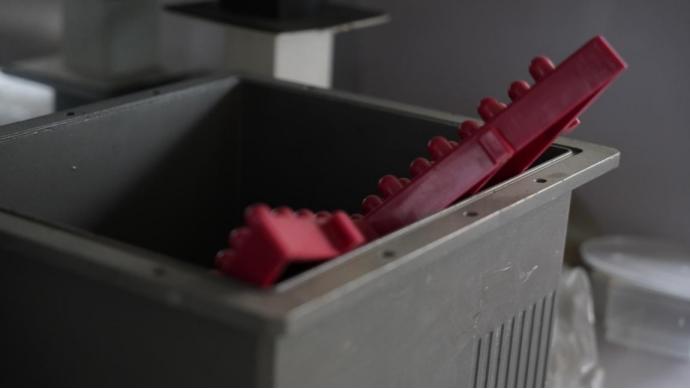In the era of consumer upgrading and technological explosion, industrial design has become the core battlefield of product value. From millimeter-level ergonomics in wearable devices to integrated cockpits in new energy vehicles, the speed of design iteration directly determines the market’s life and death. In this innovation race, Rapid Prototyping (Rapid Prototyping) is the fuse that ignites the design revolution – it not only drags ideas from the drawing board into reality, but also becomes the ultimate shield for enterprise risk control with up to 37% trial and error cost reduction (McKinsey data).
⚡ I. From Concept to Substance: Breaking the Spell of “Design Distortion
Lesson in blood and tears:
American consumer electronics giant NexusTech once skipped the Rapid Prototyping validation and directly molded a curved smart speaker for mass production. The result was found:
Resonating cavities led to over 11dB of low frequency distortion
Touch button mis-touch rate of 23%
Eventual recall loss of $2.8M
The Breaking Power of Rapid Prototyping:
1. 3D Haptic Verification Revolution
- CMF texture closed loop: on MetaMotion’s 5-axis CNC prototype, it can realize:
- 0.02mm level diamond carving
- 1200 mesh biting flower surface
- nano-scale PVD coating
- Ergonomics real test: German medical equipment manufacturer SolisMed through 3D printing + silicone replica prototype, found that the grip angle of the monitor needs to be increased by 7° in order to match the nurse’s hand type, so that the operation fatigue is 40% lower
2. Assembly Trap Lens
- Automotive electronics box prototype exposes snap interference: 8 positioning posts need to be reduced in diameter by 0.3mm
- Drone quick release structure validation: carbon fiber arm connectors need to be increased by 2° guiding angle
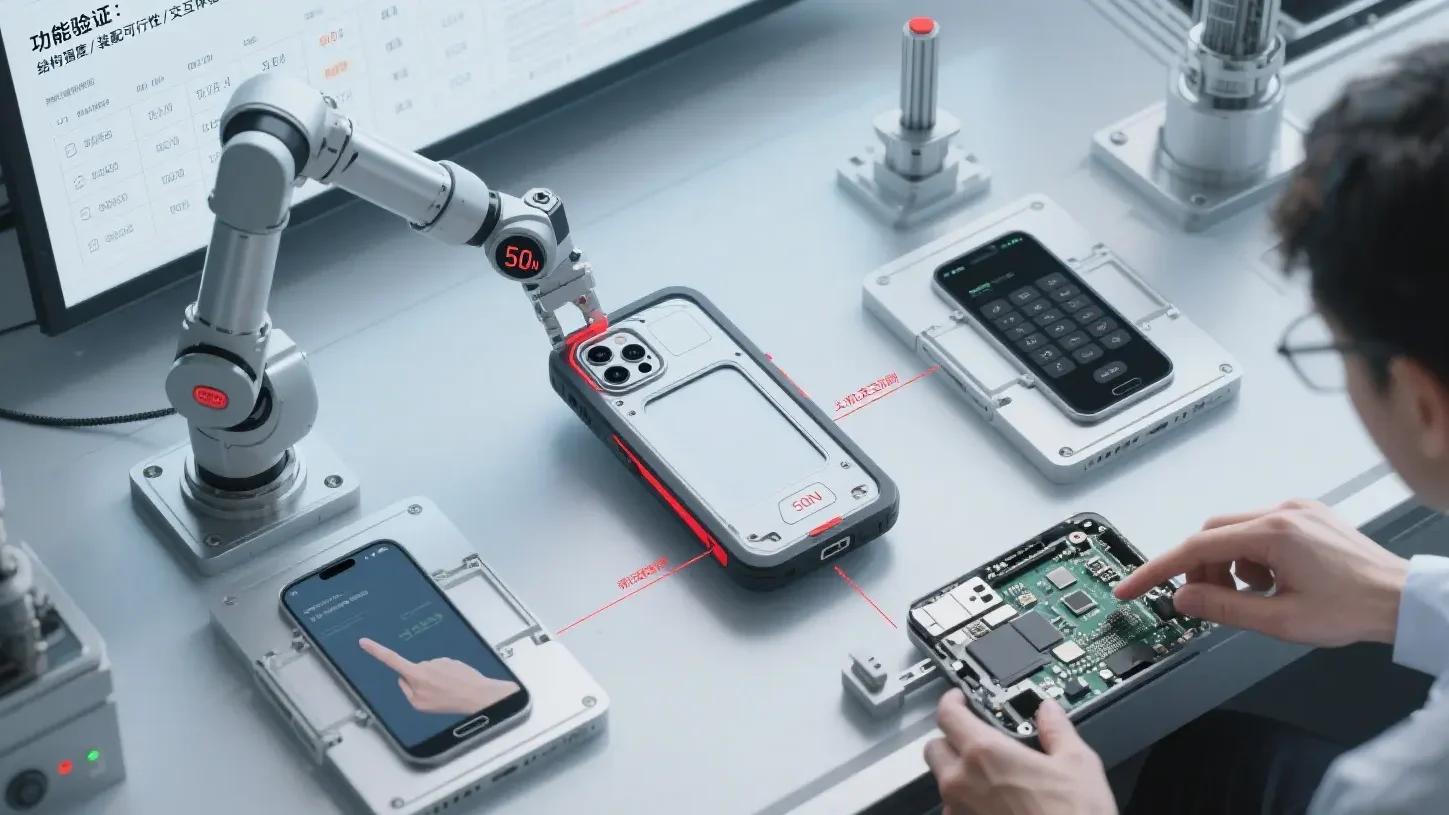
II. The million-dollar mold bill “bomb disposal expert”: averting mass-production financial disaster
Striking data:
- Automotive bumper mold development costs: $45-80 million
- Medical CT machine shell mold investment: ¥ 2-3.5 million
- Mold modification cost index: modification before mass production = 1X | modification after production = 30X
MetaMotion’s Defense Matrix:
| Risk type | Rapid Prototyping Interception Program | Cost savings case study |
|---|---|---|
| Insufficient structural strength | Pressure testing of SLS prototypes made of glass fiber reinforced nylon | Avoided reopening a certain off-road vehicle bracket mold, saving ¥780,000. |
| Heat dissipation design defects | Thermal imaging analysis of aluminum alloy CNC prototypes embedded with copper tubes | Preventing the scrapping of 5G base station casings, saving $320,000 |
| tolerance chain breakdown | Micron-level tolerance assembly prototype verification (±0.015 mm) | Preventing a batch of accidents involving precision gearboxes, saving ¥2.1 million |
III. Nuclear Weapons to Seize the Market Advantage: Straight from the Lab to the Shelf
Speed is life or death:
Consumer Electronics Life Cycle Shrinks from 24 Months to 9 Months
New products coming to market 1 month late lose up to 33% of profits (BCG Research)
MetaMotion’s blitzkrieg approach:
1.Pre-sale validation
Crowdfunded on Kickstarter with 200 sets of silicone replica prototypes and won $860,000 orders in 3 days (Smart Gardening System case)
2.Production line pre-grinding
Delivered 500 functional prototypes to Foxconn production line, optimized the fixture scheme in advance, and shortened the mass production ramp-up period by 2 weeks.
3.Accelerated regulatory certification
Medical-grade transparent resin prototype passed FDA leachate test, compressed certification cycle by 60%.

IV. History of technological evolution: from clay to AI-driven prototype revolution
An epochal technological leap:
1940s handmade clay models → 1980s CNC metal prototypes → 2000s light-cured 3D printing → 2020s multi-material hybrid manufacturing
Today’s cutting-edge capabilities:
- Topology-optimized smart prototyping: ANSYS generative design + metal 3D printing for a 52% weight reduction aerospace scaffold
- Electronic function integration: flexible circuitry embedded in PolyJet prototypes for touch feedback validation
- Biocompatibility testing: maxillofacial prosthetic titanium mesh prototypes directly used for surgical previews
V. MetaMotion’s Industry Insight: Choosing the Right Prototype = Half of Design Success
▶ Decision Tree: When to choose which process?
IF Appearance verification → choose SLA light curing (surface Ra0.6μm)
IF Functional testing → choose CNC 5-axis (±0.02mm tolerance)
IF Small batch to market → choose Silicone replica (50-500 pieces)
IF Extreme environments → choose SLM Metal Printing (tensile strength of 1200MPa)
▶ Golden formula for cost control:
Prototype input ratio = (mold cost × risk factor) / market window value
Case: an electric scooter company will be 3% of the R & D budget for prototypes, to avoid $1.5 million mold loss, the window value of $ 8 million!

Conclusion: Envisioning the Future in the Physical
The essence of industrial design is anchoring imagination to the laws of physics. When designers’ fingertips touch real proportions and weights, when engineers hear the crisp sound of gears biting together, and when the marketplace cheers for grippable innovations – it all starts with the pivot to reality created by Rapid Prototyping.
In MetaMotion’s Creator Lab, 37 ideas cross the divide between virtual and real every day. We deliver your designs with a millimeter-scale prototyping system steeped in 18 years of experience:
- Supercar-level response with 48-hour emergency delivery
- Military-grade precision with 5-axis CNC + metal printing
- Full-link solution from 1 piece to 5000 pieces
Let every great design start with a perfect materialization.


